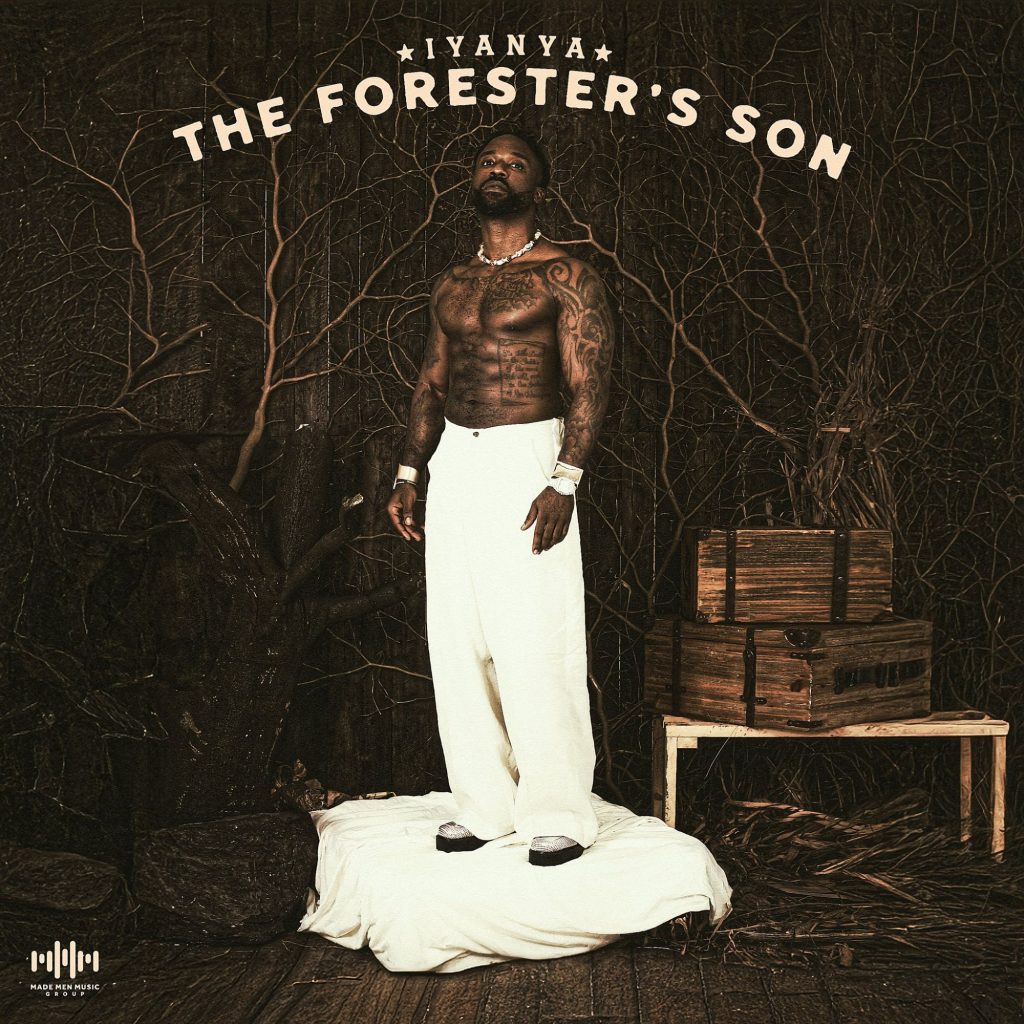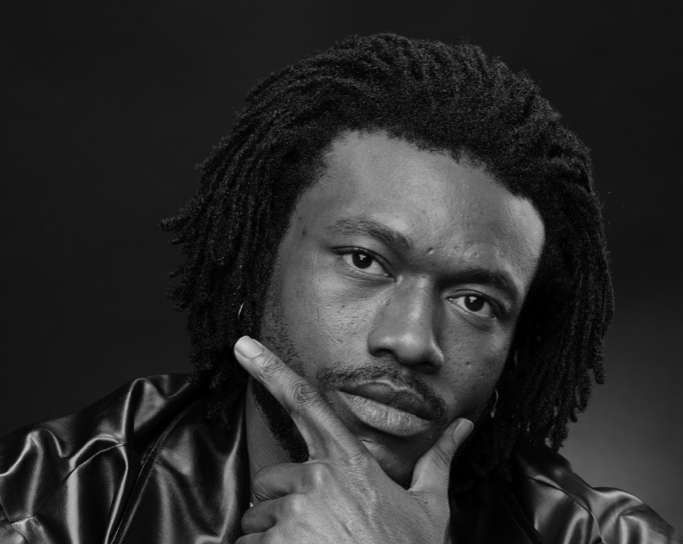There is a thin line between sampling and interpolation. In music lingua, a large percentage of people are acclimated to the concept of sampling but unaware of the existence of interpolation as a similar phenomenon or do not fully grasp the major difference between them.
Sampling involves integrating parts of a preexisting musical record into a new one. In contrast, interpolation involves re-recording parts of a pre-existing record, usually the melody or composition, to create a new song.
With sampling, a portion of the original music is directly incorporated into the new song being created, and regardless of the modification made to it, it remains a sampled version because it contains a piece of the original version. Meanwhile, with interpolation, the portion from the original version of the music is usually re-recorded instead of pasting it directly into the new musical recording.
Sampling and interpolation have always been integral to the music industry, particularly because they are an ingenious reimagination of classics. Thus, bringing a fresh perspective to pre-existing musical recordings.
Bnxn’s “Pidgin & English” samples “No Regrets” by Canadian band MAGIC!. The sample includes direct vocals from the original version.
The 2018 hit, “Sunflower” originally sung by Post Malone and Swae Lee, was sampled brilliantly on Victony’s “Everything”.
In “Obapluto”, Shalipopi pays homage to the legendary Pa Monday-Edo as he samples his “Ogbaisi”. “Obapluto” infuses Pa Monday’s vocals but lightly sped up when compared to the original.
Simi also pulls a similar sampling technique on “Jowo”, where she directly features veteran Highlife musician Chief Ebenezer Obey’s 1980 classic, “Olomi Gbo Temi”.
Tems samples the iconic “1er Gaou” originally sung by the Ivorian quartet Magic System on “Wickedest”.
Pheelz’s “Majo” interpolates Fuji veteran Adewale Ayuba’s “Ijo Fuji A”. Released in 2013, the track interpolates lyrics and melody from the original musical recording. Adewale Ayuba is credited as a songwriter on the record.
The bridge of Adekunle Gold’s “Rodo” Interpolates “Opon Apala Ti Sun” crooner, Haruna Ishola and is acknowledged as a songwriter on the track. Likewise, Seyi Vibez on “Apala Interlude”
In “Palava”, Original Stereoman’s 2005 hit track “Sample Ekwe” was interpolated by Johnny Drille.
Wande Coal’s “You Bad” melody was interpolated in Ayra Starr’s “Jazzy Song”. Don Jazzy produced the original version while P Prime produced the re-recorded version.
Ayra Starr also interpolated Shakira’s “Hips Don’t Lie” in “Control’s” chorus but the lyrics were modified to “I’m lit tonight, you know my lips don’t lie” as opposed to Shakira’s “I’m on tonight, you know my hips don’t lie”.
Tems interpolated Seyi Sodimu’s classic “Love Me Jeje” in a similarly titled track off her debut album, “Born In The Wild”. The same composition was re-recorded and Seyi Sodimu was credited as a writer on the track.
Even though sampling and interpolation are quite similar for drawing inspiration from a preceding body of work, a major difference lies in the process of arriving at the final body of work. One key point to note is the copyright laws governing sampling and interpolation.
In conversation with Album Talks, entertainment lawyer Qudus Okikioposu sheds more light on the legal procedures for achieving both phenomena, “In terms of clearing them, there’s a slight difference in the processes. When you sample a song, you have to get permission for a recording use license from the owner of the recording, usually the record label. Also, you need permission for a corporal license from the owner of the underlying composition, usually the publisher. However, if it’s just an interpolation, you only need permission from the owner of the underlying composition (publisher) since you’re only taking parts of the composition.”
Qudus further breaks down the procedure involved before the license is issued. “There’s usually a database for these songs, you can see the list of the writers, producers, publishers and their direct contact information for who to contact, or which department handles their licensing. You contact them and declare your intention to sample the song. There’s always a process. You tell them how long the sample is, what part of the song you intend to use in the sampling, how the sample will be used in your song, how many units you plan to create or distribute, and the type of media to be used for the sample. You list all of that out and let them know you need a license. A license is like saying, ‘I want to borrow something from you,’ and they’ll get back to you. You might be required to pay an upfront licensing fee, and royalties on each recording sold from what you’re sampling.”
Although the lines between sampling and interpolation can be blurry, it is still crucial to approach the appropriate bodies and obtain a license before sampling or interpolating a musical record to avoid penalties for copyright infringement. In November 2023, Nigerian artiste Smada was issued a lawsuit to take down an unauthorised version of South African artist Deep London’s “Hamba Wena”.
The unlicensed sample was known as “ Smada Eh” and was available for streaming on all platforms before the lawsuit forced him to remove it.
Several cases don’t make it to the public, which is why some sampled songs disappear from streaming platforms on a random day. To keep the culture of sampling and interpolation alive, and for reimagined songs to thrive, artistes must do the honest work of “stealing like an artist,” as Austin Kleon preached.






